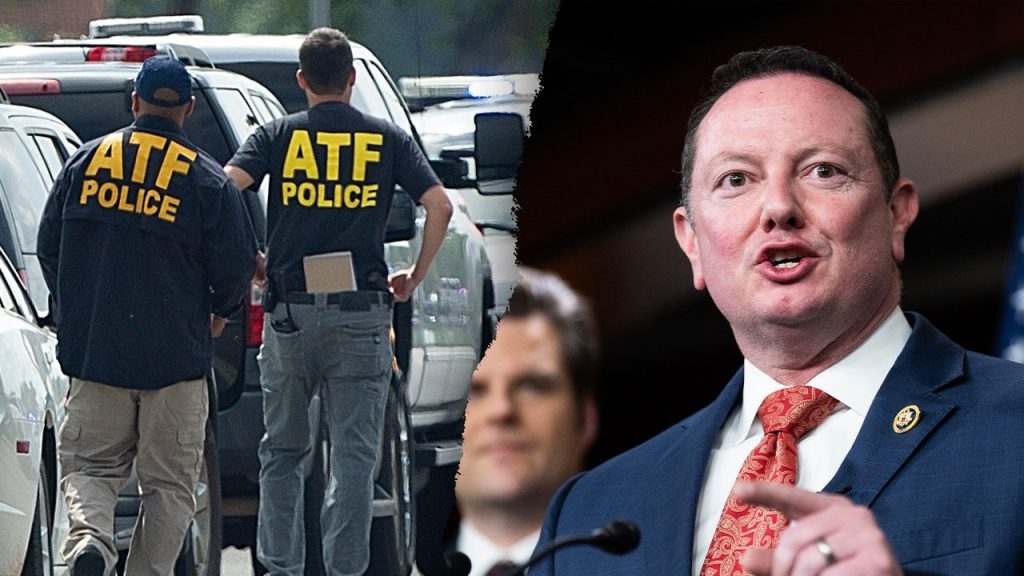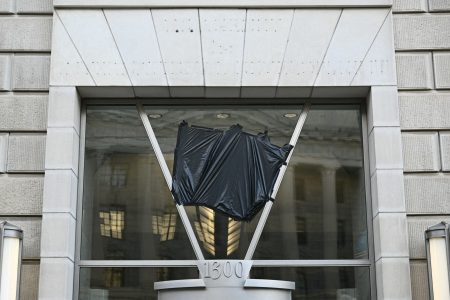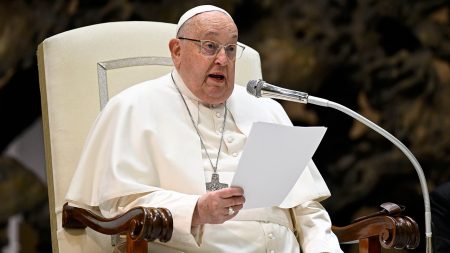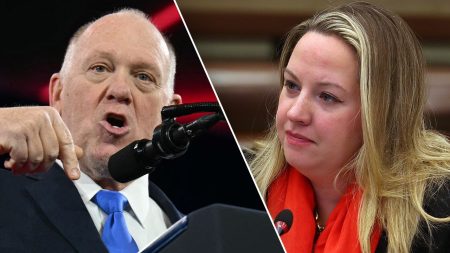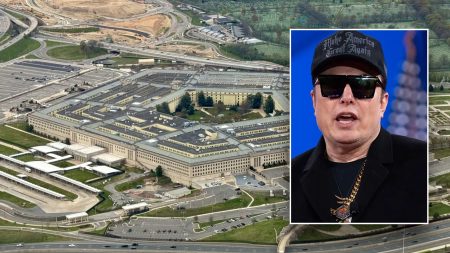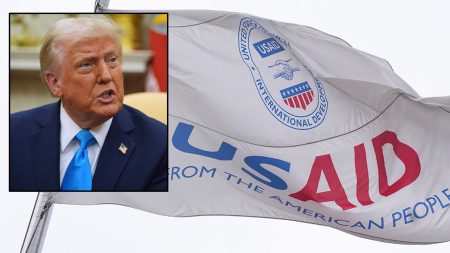Paragraph 1: Introduction and Bill Sponsorship
Representative Eric Burlison (R-MO) has introduced a bill to abolish the Bureau of Alcohol, Tobacco, Firearms and Explosives (ATF). This initiative, gaining traction amongst House Republicans, aims to dismantle the federal agency ahead of President-elect Donald Trump’s inauguration. Cosponsors of the bill include Representatives Lauren Boebert (R-CO), Mike Collins (R-GA), Bob Onder (R-MO), Andy Biggs (R-AZ), Mary Miller (R-IL), Keith Self (R-TX), and Paul Gosar (R-AZ), indicating a growing conservative push for the agency’s elimination. The bill’s introduction sets the stage for a potentially contentious debate regarding the ATF’s role and constitutionality.
Paragraph 2: Burlison’s Rationale and Criticism of ATF Enforcement
Representative Burlison’s central argument for abolishing the ATF rests on his assertion that the agency is unconstitutional. He contends that the ATF’s mission duplicates existing state and local regulations, thus infringing upon states’ rights to regulate firearms. Furthermore, Burlison criticizes the ATF’s enforcement capabilities, arguing that the agency lacks the manpower to effectively implement its own regulations. This, he claims, leads the ATF to rely heavily on state and local law enforcement, diverting resources away from local priorities and hindering community safety initiatives.
Paragraph 3: Potential Support and Historical Context of the ATF
While Burlison has not directly communicated with President-elect Trump’s team regarding the bill, he anticipates support from within Trump’s circle. Vice President-elect JD Vance has previously advocated for abolishing the ATF, suggesting potential backing for the bill from the incoming administration. The ATF, established in its modern form in 1972 under the Treasury Department, was later transferred to the Department of Justice in 2003. This shift reflects the evolution of the ATF’s role, encompassing not only firearm regulation but also law enforcement responsibilities related to gun control and explosives.
Paragraph 4: Opposing Viewpoints and the Debate on Gun Violence
The proposed abolition of the ATF has sparked a divide between gun control advocates and opponents of stricter gun regulations. Supporters of the ATF argue that the agency plays a vital role in combating gun violence, emphasizing its contributions to law enforcement investigations and its regulatory efforts. Conversely, opponents like Burlison view the ATF’s regulations as redundant and unnecessary. This fundamental disagreement underscores the broader national debate surrounding gun control and the role of federal agencies in regulating firearms.
Paragraph 5: ATF Director’s Warning and Past Controversies
ATF Director Steven Dettelbach has voiced strong opposition to efforts to weaken or eliminate the ATF. He warns that such actions could lead to a rise in violent crime, stressing the importance of law enforcement efforts in reducing gun violence. Dettelbach’s concerns highlight the potential consequences of abolishing the ATF, raising questions about the impact on public safety and law enforcement capabilities. The ATF’s history, marked by controversies surrounding incidents like the Ruby Ridge and Waco standoffs, further fuels the debate about the agency’s effectiveness and accountability.
Paragraph 6: Trump’s Stance and Uncertain Future of the ATF
Former President Trump’s position on the ATF remains ambiguous. While he has criticized Director Dettelbach and promised to fire him upon taking office, his stance on abolishing the agency entirely is unclear. This uncertainty adds another layer of complexity to the bill’s prospects, as its fate may ultimately depend on the position taken by the incoming administration. The bill’s introduction marks the beginning of what is likely to be a highly contested legislative battle, with implications for gun control policy and the future of federal firearm regulation.




